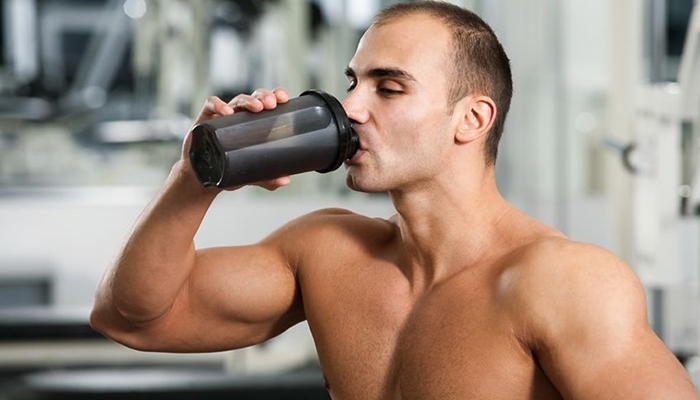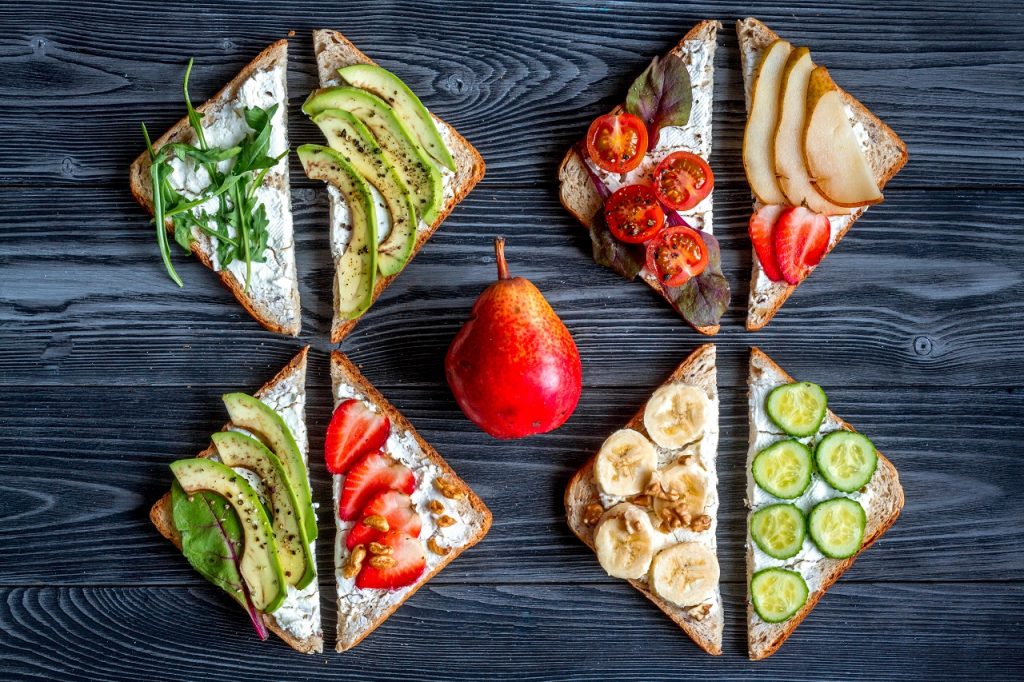
Working out and still not losing weight or recovery process is slow? Then there is something wrong with the pattern.
In conversations with my players, many a times people have told me that they have been working out for more than a year now but, it has not been effective. I too wondered what could be the reason and concluded that most people complaining are the ones who are not taking care of their pre-and post-workout meals.
In India, people focus on 3 major meals that are breakfast, lunch, and dinner. Then the 6-meal plan came into play where 2 snacks i.e. mid-morning and evening snacks were included to fill in the gap but, most who go for their workout tend to skip the most important meals which are the pre-and post-workout meal.
For me, it is as important as having my breakfast, lunch or dinner.
Now, when I say workout, I don’t mean that heavy gym workout alone. The workout can include walking or jogging as well. 30 or 45 minutes of brisk walking also requires pre-and post-workout foods. If this is rightly followed for weight loss even walking helps.
People working out in the gym are often advised to start taking supplements the moment they hit the gym. That’s okay to some extent but is it enough?
Get your facts clear with this article! I hope this helps
(1) Carbohydrates
When: – Pre and post-workout
Why?
– Carbohydrates are responsible for refueling the muscles by getting stored in the body in the form of glycogen. When the levels of glycogen reduce in the body, we feel fatigued.
– During workout sessions, stored glycogen is used up by the body to give energy.
– If carbohydrates are not taken before the workout, the stored glycogen will be completely used up and it will have no backup energy left for the body which ultimately leads to workout energy.
– Here, when I talk about carbohydrates, I am not asking you to hog chapattis or a bowl of rice. The carbohydrates taken before workout must be simple carbohydrates like fruits or fruit juices. A special sports drink can help in such cases.
– If the workout comprises of high-intensity workout for an hour, then one must take up around 4.2 grams of carbohydrates per kg workout.
– 4.2 grams is the average carbohydrate which one can take however it is different from workout to workout and person to person.
– It is always better to consult your health coach before selecting the pre-workout carbohydrates quantity.
(2) Proteins (Amino acid blend)
When: – Pre – and post-workout (pre-workout could be optional but it is must post workout)
Why?
– Here, when I talk about proteins, I am talking about BCAA blend.
– BCAA stands for Branched Chain Amino Acids.
– This BCAA blend specifically contains 3 main amino acids which are leucine, isoleucine, and valine.
– There might be a question coming in reader’s mind that there are many other amino acids then why am I focusing on these three? It is mainly because these 3 amino acids are responsible for digestion, repairing of body tissues and performing the main functions of proteins that are for growth and body building.
– For people who are looking forward to building muscles then BCAA blend becomes very essential for them.
– For others, proteins post-workout helps in repairing the muscles and tissues which have worn off during an intense workout.
– Milk is a very good option for post-workout foods.
– Foods like meat and eggs have BCAA in them which becomes an ideal post workout foods.
(3) Caffeine
When: – Pre-workout
Why?
– If you don’t want tiring workout sessions, then it is preferable to take caffeine supplement pre-workout.
– Researchers have shown that caffeine helps in improving the endurance during the workout sessions.
– When it comes to caffeine supplement, the dosage is very important because an overdose of caffeine can make you nauseous and nervous.
– 2 g in lukewarm water is the most optimal dosage.
– If you are suffering from caffeine sensitivity, then you can avoid taking this as you might get dizzy.
(4) Whey Protein
When: – Post workout
Why?
– Whey protein concentrate and isolate are best for post workout supplement because Whey helps in a quick boost in the muscle recovery and it also helps in quick muscle growth.
– Whey hydrolysate and casein helps in increasing the absorption of amino acids in the body making it an excellent post workout supplement.
(5) Vitamin C
When: – Pre and post workout
Why?
– Vitamin C supplement is usually taken to deal with common cold and cough but that’s not all.
– Vitamin C helps in dealing with the stress which could be a strenuous workout as well.
– Vitamin C is an antioxidant which helps in dealing with the metabolic stress.
– Vitamin C helps in strengthening the immune system during a strenuous workout.
We hope you found these tips on pre-and post-workout nutrition helpful for your fitness journey. Let us know in the comments below and for more personalised guidance and insights, subscribe to GOQii’s Personalised Health Coaching here. Let’s achieve your fitness goals together!
#BeTheForce
Disclaimer: The information provided in this blog is for general awareness and educational purposes only. It is not intended to replace professional medical advice, diagnosis, or treatment. Always consult a qualified healthcare provider for personalised medical guidance or concerns related to your health. Images shown are for representation purposes only and may not depict the exact recommendations or outcomes.
 With the long Diwali holidays ahead of us, there are sure to be outings, guests visit and dinner parties among other celebrations. More often than not, we end up indulging in sweets and other sinful foods and then feel guilty, which in turn makes us look for easy and quick ways to shed off those extra kilos. But, the unfortunate part is that we end up resorting to all the wrong ways of shedding that extra weight which again has a YO-YO effect. But don’t worry! We got a few health tips that will help you eat smart during Diwali!
With the long Diwali holidays ahead of us, there are sure to be outings, guests visit and dinner parties among other celebrations. More often than not, we end up indulging in sweets and other sinful foods and then feel guilty, which in turn makes us look for easy and quick ways to shed off those extra kilos. But, the unfortunate part is that we end up resorting to all the wrong ways of shedding that extra weight which again has a YO-YO effect. But don’t worry! We got a few health tips that will help you eat smart during Diwali! Water is an indispensable part of our daily diet. It makes up about 70% of our total body weight. It is also a component that is very easily taken for granted. Staying well hydrated is one of our body’s basic needs. Thirst is a late indicator of dehydration. When thirsty, our body is already dehydrated at a cellular level. The color of the urine can also determine our hydration status. Dark yellow urine indicates dehydration whereas clear urine indicates a well hydrated body. Along with the diet, we must also pay attention to what and how much water we drink, especially before, during and after a workout.
Water is an indispensable part of our daily diet. It makes up about 70% of our total body weight. It is also a component that is very easily taken for granted. Staying well hydrated is one of our body’s basic needs. Thirst is a late indicator of dehydration. When thirsty, our body is already dehydrated at a cellular level. The color of the urine can also determine our hydration status. Dark yellow urine indicates dehydration whereas clear urine indicates a well hydrated body. Along with the diet, we must also pay attention to what and how much water we drink, especially before, during and after a workout. You’ve come across the saying “Eat breakfast like a king and dinner like a pauper”… being a nutritionist, I strongly believe in this. Yes, one should definitely eat a nutritionally lavish meal in the morning. Breakfast needs to be a combination of simple and complex carbs along with some high biological value sources of protein. But is it enough? Does it make a complete meal?
You’ve come across the saying “Eat breakfast like a king and dinner like a pauper”… being a nutritionist, I strongly believe in this. Yes, one should definitely eat a nutritionally lavish meal in the morning. Breakfast needs to be a combination of simple and complex carbs along with some high biological value sources of protein. But is it enough? Does it make a complete meal?


